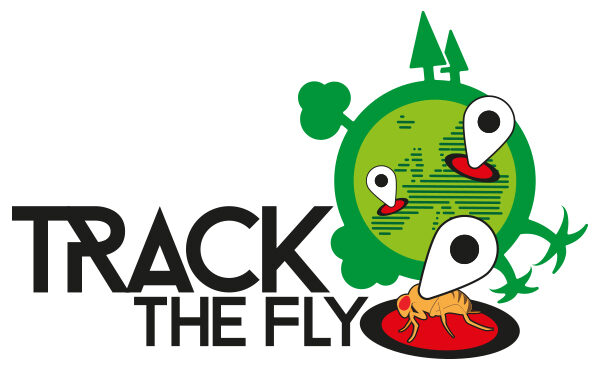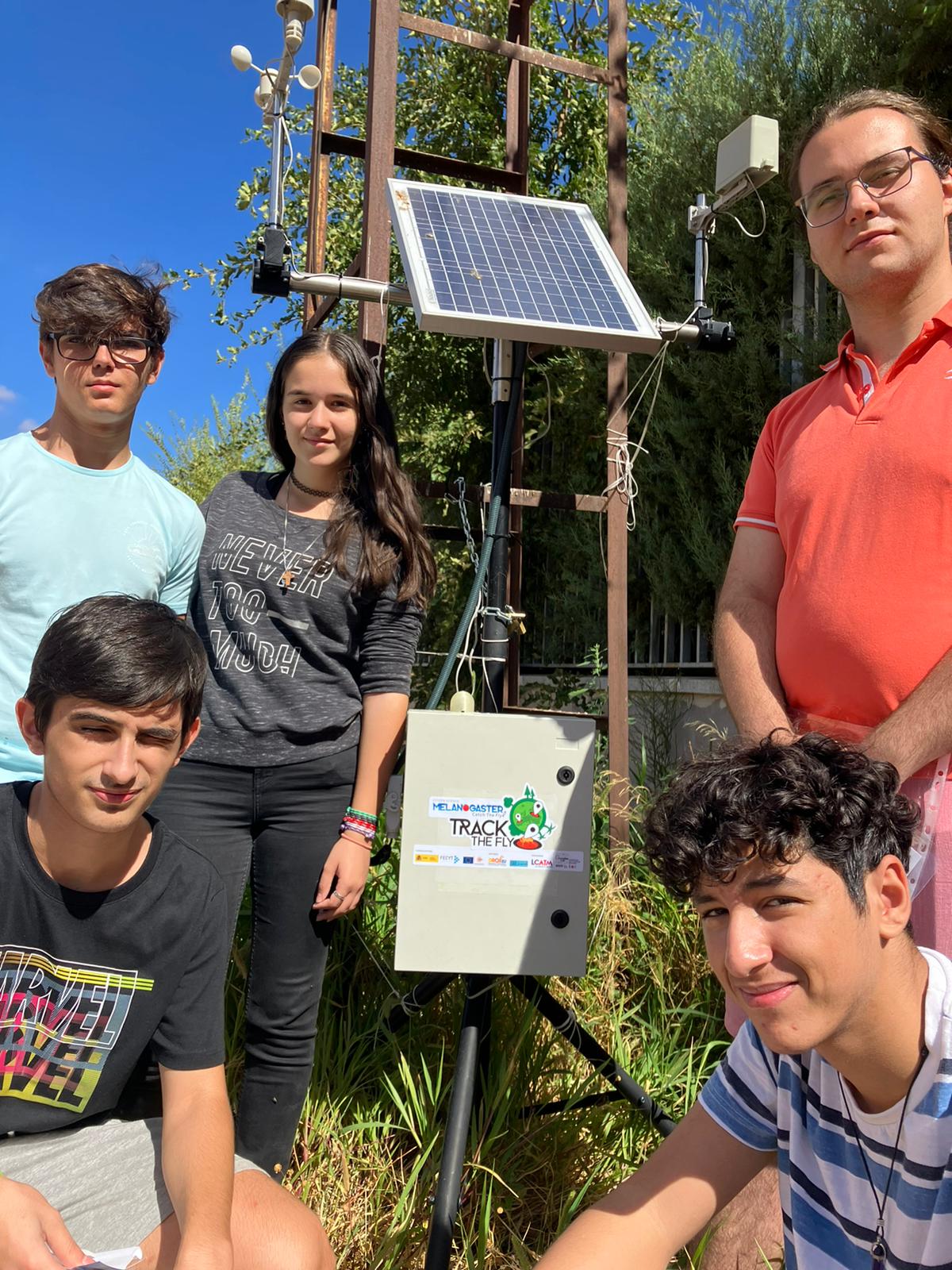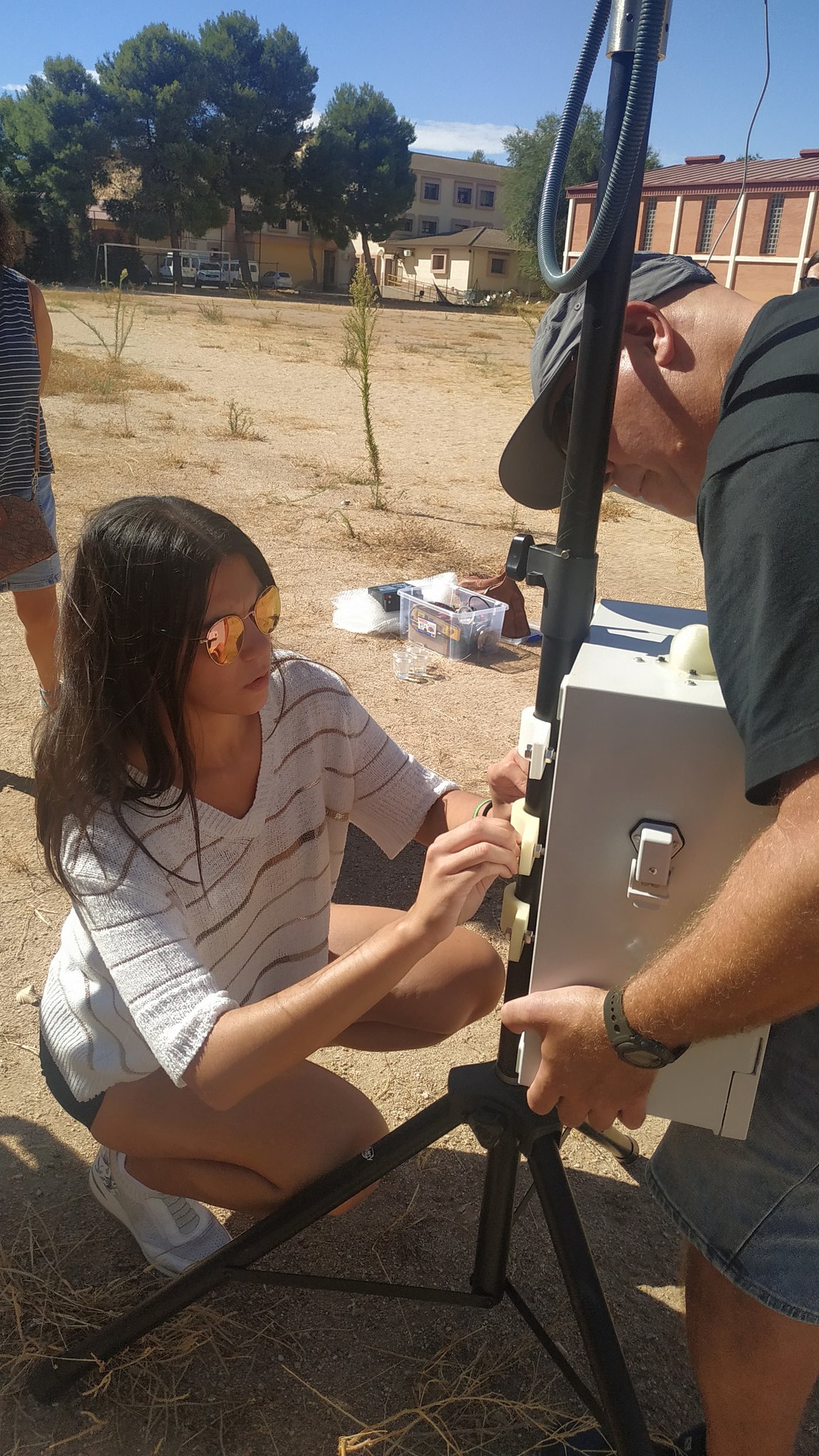 Track The Fly is part of the “Melanogaster, Catch The Fly!” citizen science project, and allows high school students to monitor the impact of climate change on local biodiversity.
Track The Fly is part of the “Melanogaster, Catch The Fly!” citizen science project, and allows high school students to monitor the impact of climate change on local biodiversity.
With the help of a meteorological station developed thanks to citizen participation, and a web application developed in the evolutionary and functional genomics laboratory (González Lab) of the CSIC, teachers and high school students are able to monitor biodiversity in their localities through the collection of species of the genus Drosophila, and the collection of environmental data in the collection areas.

Through the global analysis of biodiversity variation and its relationship with environmental variables, students will generate initial hypotheses about how climate change may affect biodiversity. The data collected locally will be made available to all participating institutes who will analyze it jointly. This new activity, whose objectives are aligned with those of the European Green Deal program, will allow students to demonstrate and reflect on the impact of climate change on local biodiversity, turning them into ambassadors of the ecological transition, towards a more just, resilient and sustainable.

The research work carried out by students and faculty will be presented to the scientists of the European Consortium for Population Genomics with Drosophila (DrosEU) in order to jointly propose new scientific hypotheses that will be addressed through citizen-scientist collaboration.
Currently, there are already 3 educational centers in the citizen science network “Melanogaster, Catch The Fly!”, which already have operational weather stations. Another 3 centers are in the assembly process.
«The citizen science project #MelanogasterCTF is organized by Laboratorio de Genómica Evolutiva y Funcional del CSIC, and the scientific dissemination platform La Ciència Al Teu Món (LCATM).
With the collaboration of the European Drosophila Population Genomics Consortium (DrosEU), and with the collaboration of the Spanish Foundation for Science and Technology – Ministry of Science and Innovation. (FECYT) and the European Research Council (ERC).»

